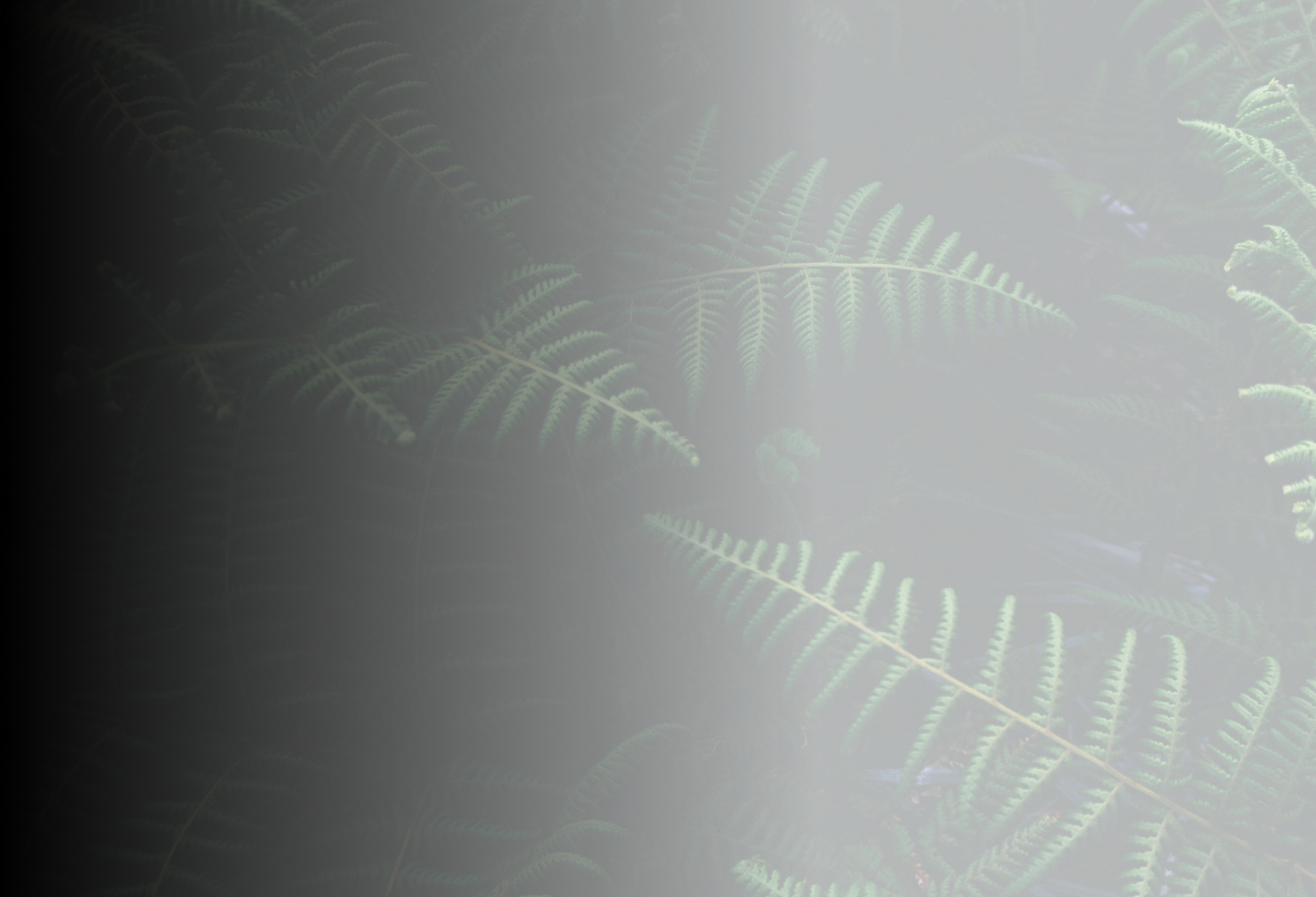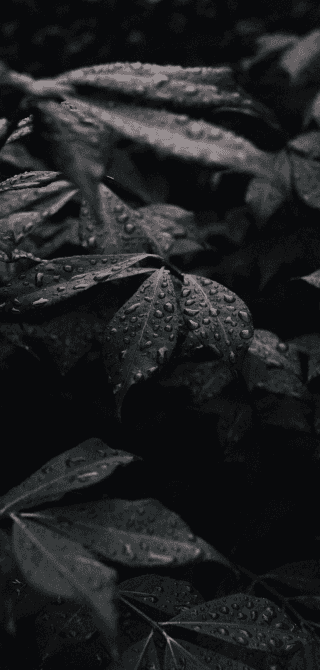
This course was created in partnership with

Course information
Join the Bushwise Nature Enthusiast online course. The course is run by Bushwise, the industry’s top-rated safari guide training provider in Southern Africa. Bushwise is accredited by CATHSSETA and is the exclusive provider of International Field Guide Association (IFGA) certifications in the region. Since 2012, Bushwise has seen a 100% employment rate for the South African graduates of their International Field Guide course.
This course features a social, multimedia online learning experience led by experts with over 100 years of experience in the field. Each module is taught by one of their experienced and qualified trainers. You’ll have the option to ask experts questions and discuss topics with other participants from around the world. In addition, the course includes a masterclass lecture series delivered by directors of conservation organisations, leading researchers and other experts that are designed to give you in-depth local insight into a diverse range of topics in African nature and wildlife conservation. If you’d like to continue your journey towards becoming a field guide, join the Introduction to Field Guiding online course, after successfully completing the Bushwise Nature Enthusiast course. You’ll then be equipped with all the knowledge needed to get your CATHSSETA Nature Site Guide (NQF2) qualification through one of our in-person courses.
The Bushwise Nature Enthusiast online course is for anyone who’s interested in Southern African nature or wildlife and would like to become an expert on the subject. Anyone aged 16 and above is welcome to join this online course.
After completing this course you’ll be able to:

Once you’ve successfully completed your course, you’ll receive a digital certificate of completion from Bushwise. The certificate will state that you have passed the African Nature and Wildlife online course. This certificate will enable you to take your next step in becoming a field guide – the Bushwise Field Guiding online course.

Module 1 begins with an introduction to the Bushwise Nature Enthusiast online course. Get important information about the course, meet your peers, course trainers, facilitators and the student support team. Module 2 is an introduction to Southern African geology. You’ll learn how different types of rock and soil found in Southern Africa support specific plants and animals.
You’ll then move on to learning about how the Southern African climate and weather patterns are shaped by a range of factors. Then, find out how to identify key features of the Southern African sky and how they change from season to season, in the astronomy module. Move on to learning about ecology, finding out how biological and non-biological organisations interact to shape Southern African ecosystems. Then discover the definition of a biome, a community of organisms adapted to a specific environment and sharing similar characteristics. Learn how to identify the biomes that can be found in Southern Africa.
Then you’ll start learning about specific species. In the taxonomy module you’ll learn how species are named in the scientific community. Next, you’ll study botany basics and learn how to identify Southern African plant species and their traditional uses. After that, you’ll move on to identifying arthropods, including insects, arachnids, myriapods and crustaceans.
Modules 10–14 show you how to identify fish, amphibians, reptiles, birds and mammals commonly found throughout Southern Africa. Finish off your study of the Southern African animal kingdom with a module on ethology, the study of animal behaviour.
In the final two modules, you’ll learn how conservation activities in Southern Africa are managed and about the history of human habitation in the Southern African areas. Throughout the course, you’ll have the opportunities to attend masterclasses on a range of more in-depth topics such as elephant, pangolin, snake, vulture conservation and research, anti-poaching initiatives, trailing animals on safari walks, bird photography, African folklore and relevant operational strategies used in the management of nature and wildlife reserves.





